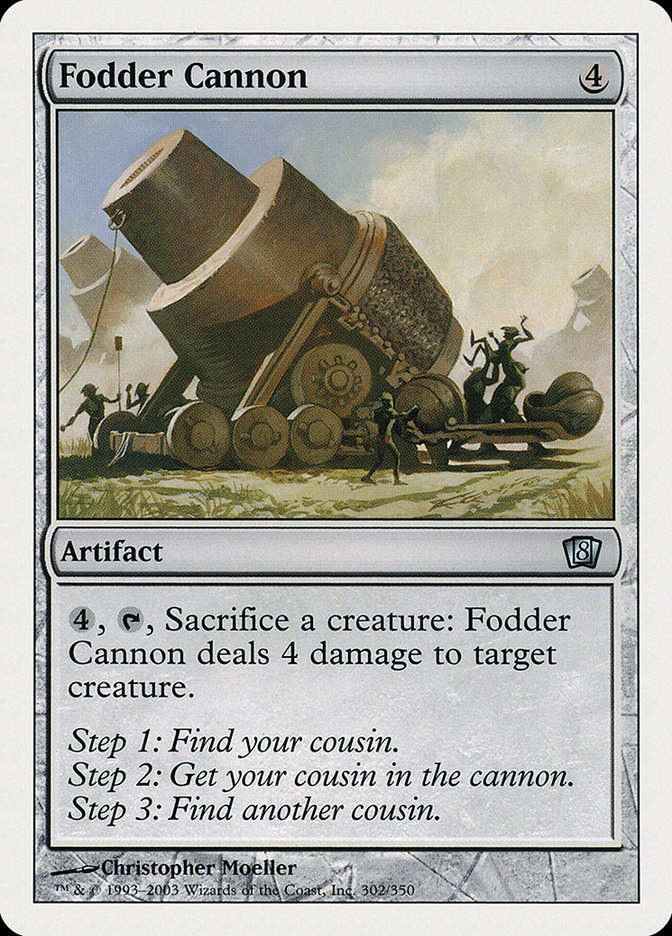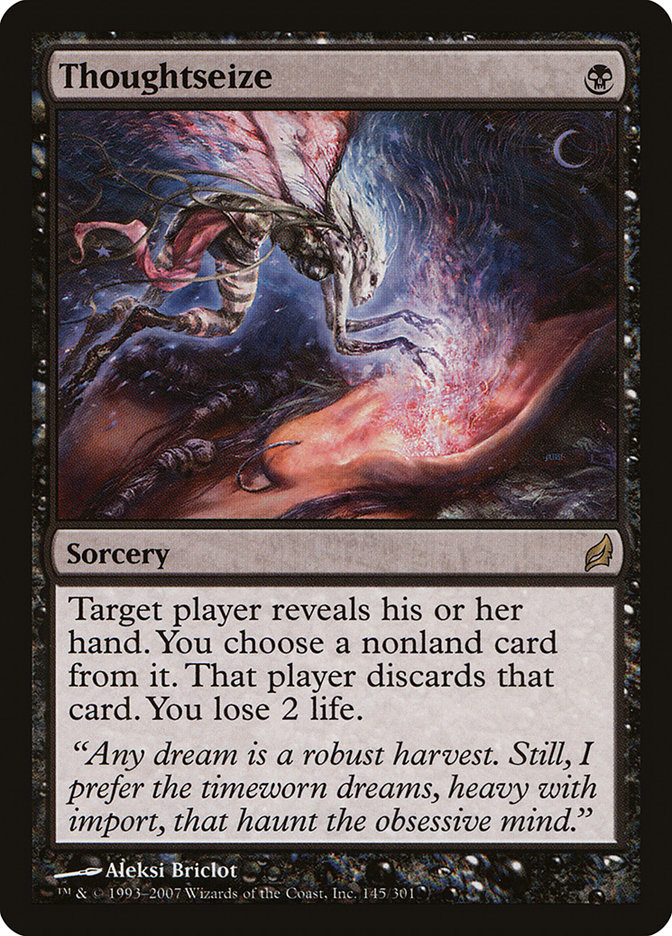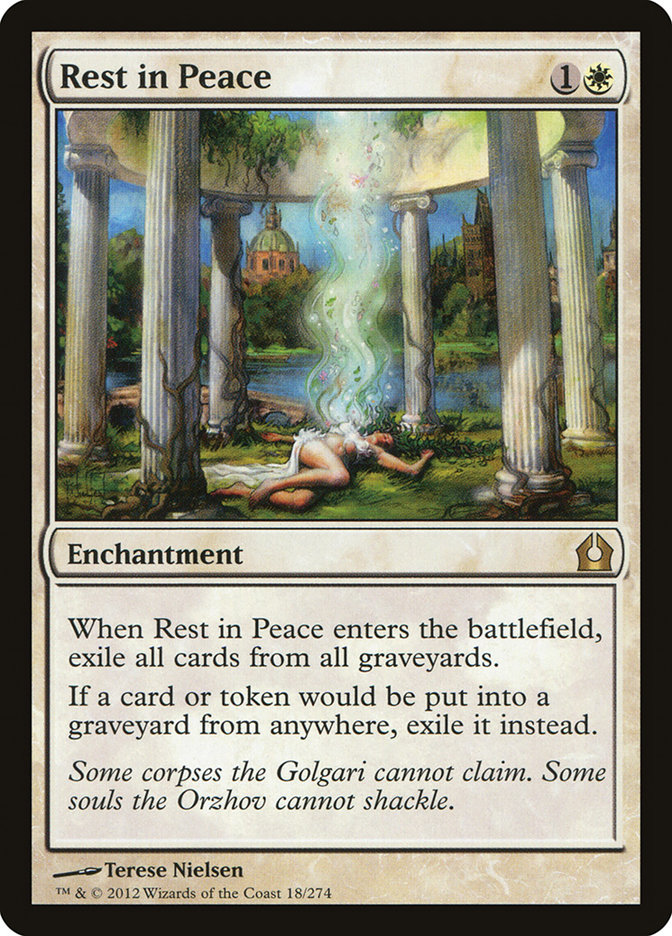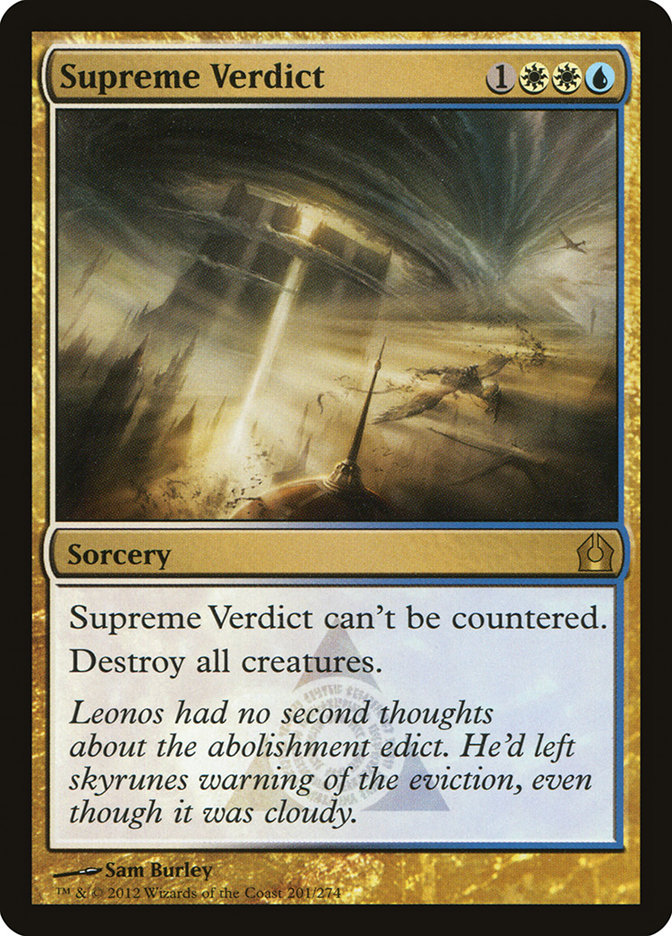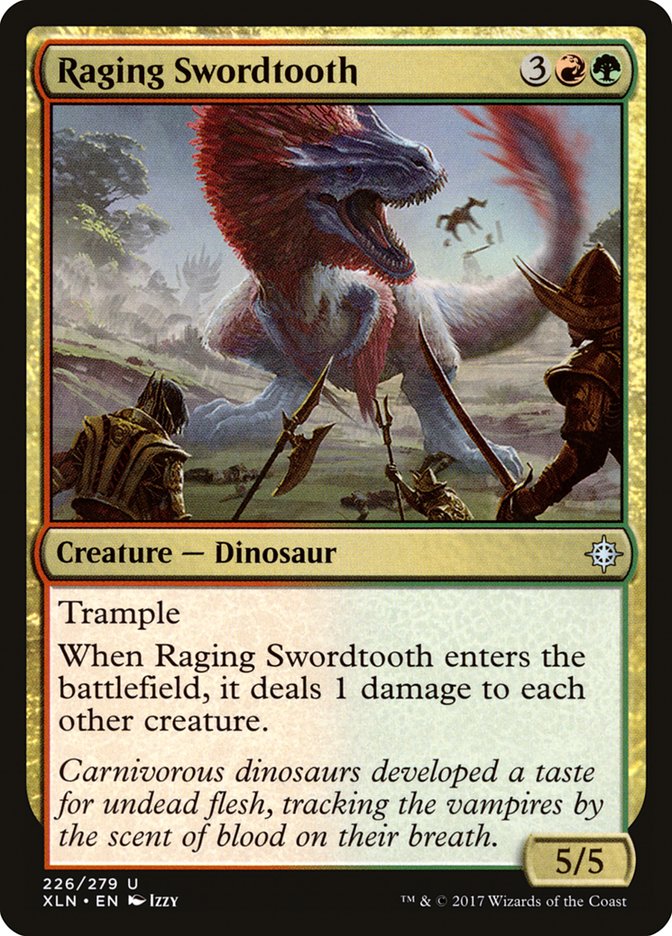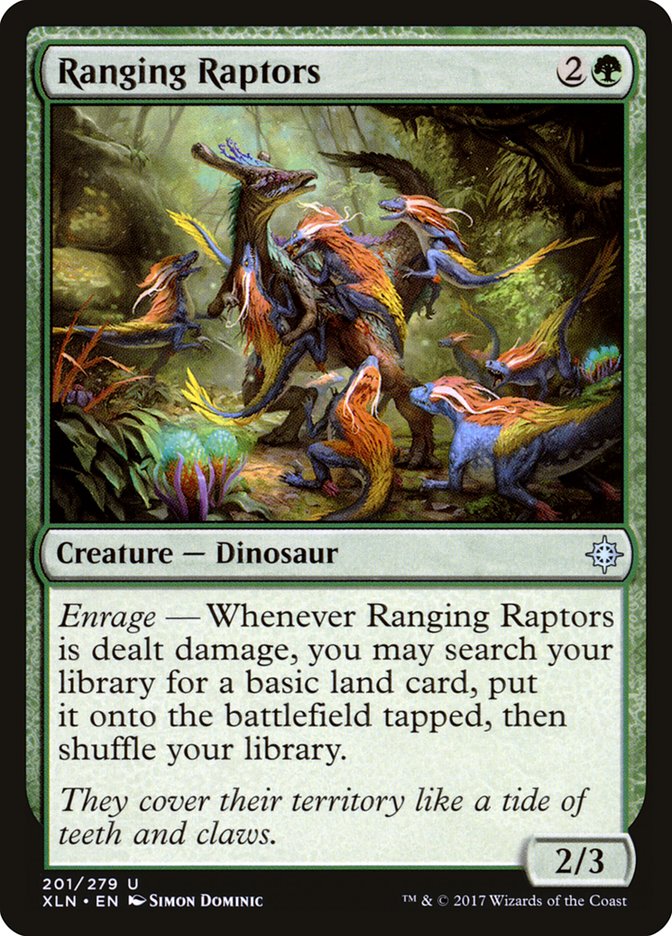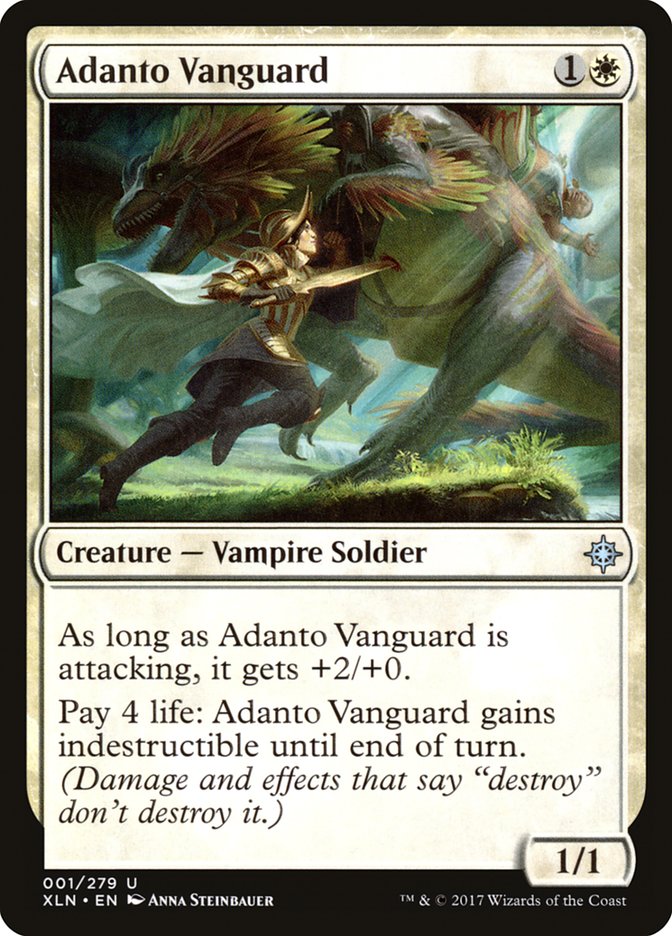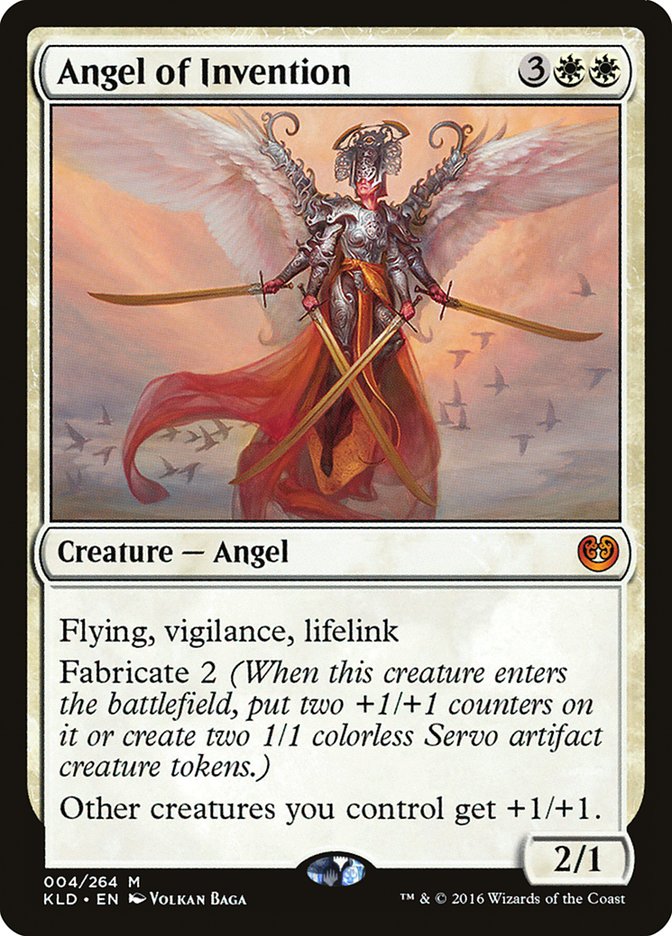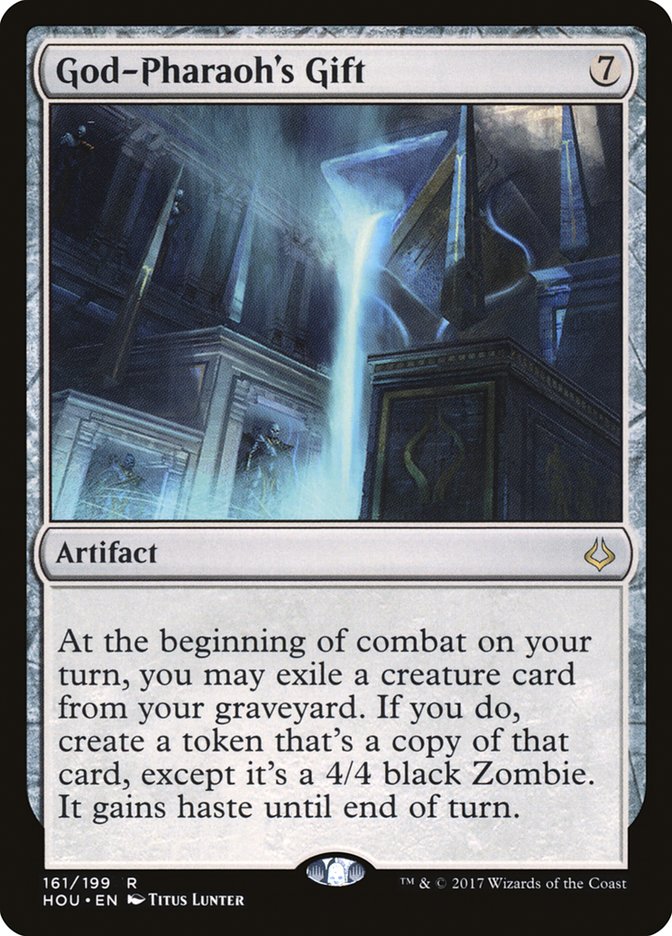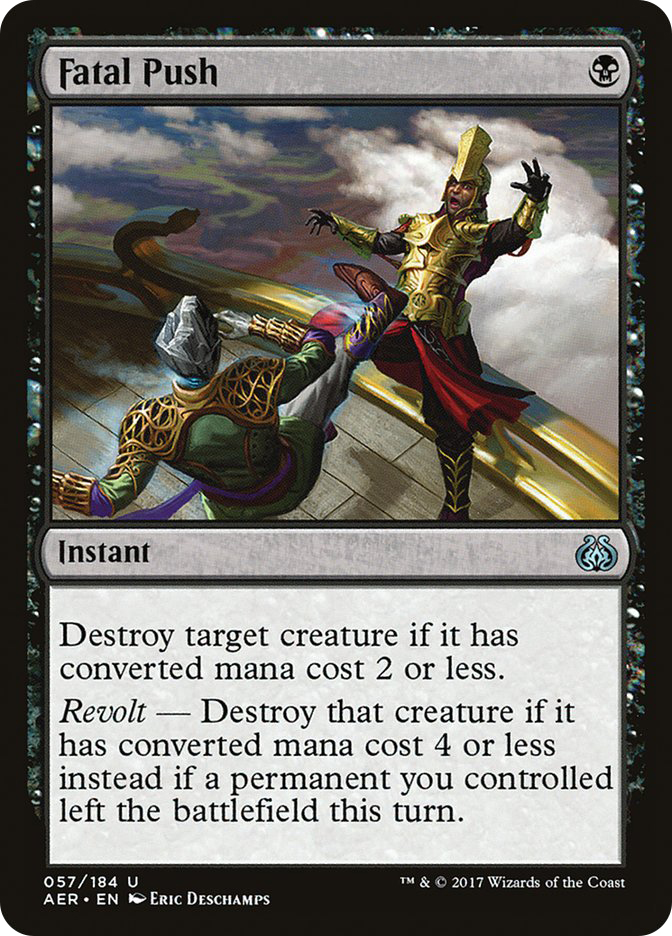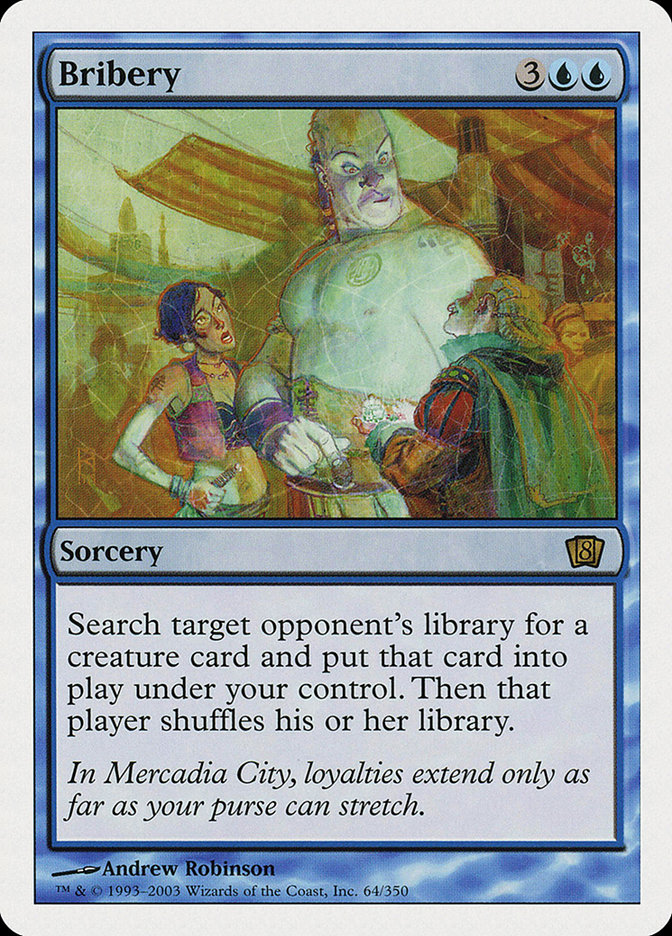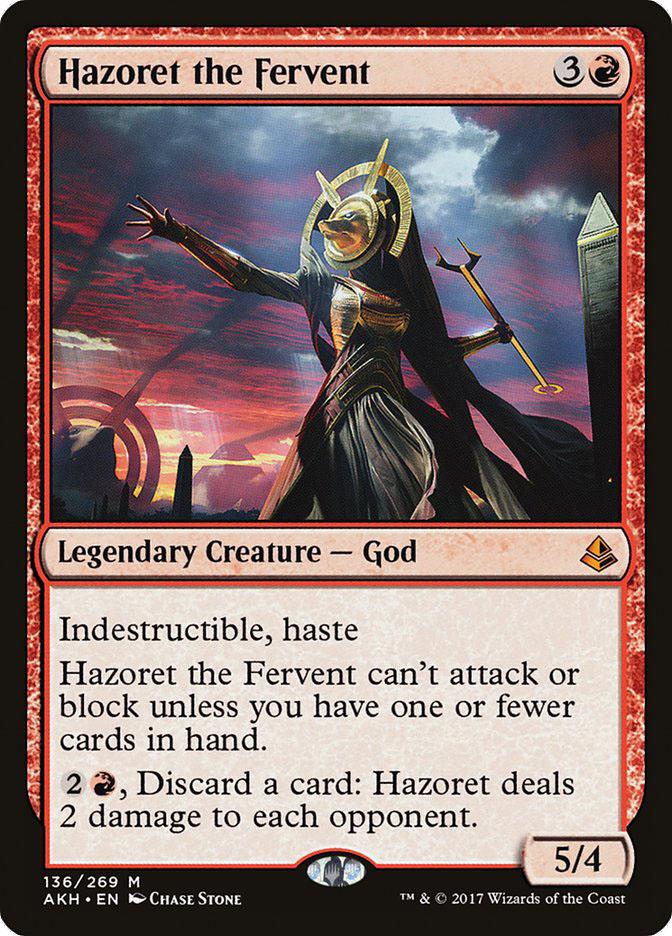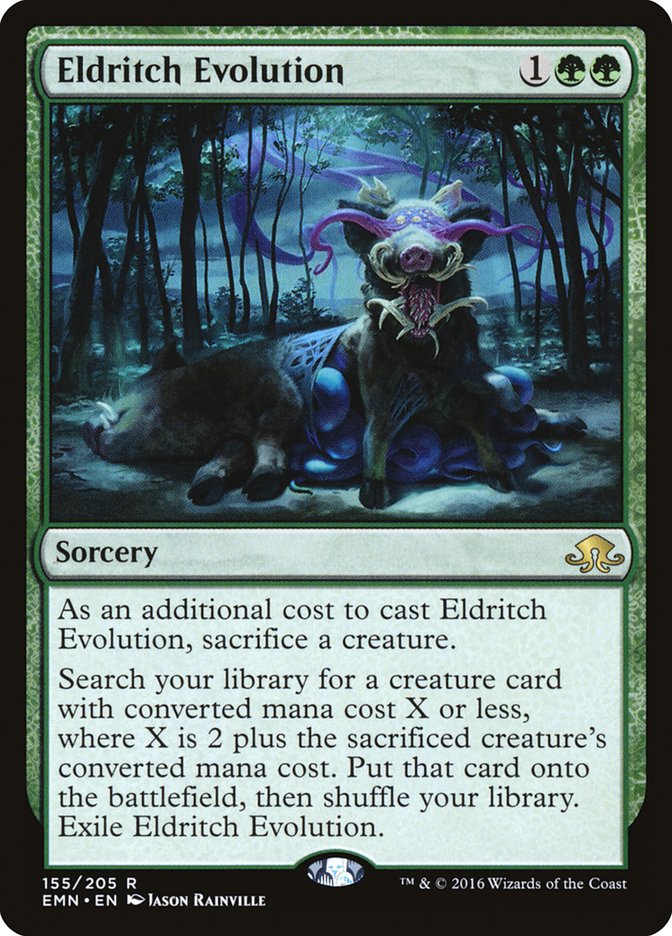This past weekend, three players were disqualified from Pro Tour Ixalan. This is much more interesting than anything I could say about Standard or Ixalan Limited (draft the open deck). It’s even more interesting because the statements given for two of them made it clear the situations leading to the disqualification were less clear and awkward than your first expectations of a disqualification.
You want Standard strategy? Play Red if you want. Play Temur Energy if you want. Play God-Pharaoh’s Gift if you want.
Now let’s get back to the DQs.
The third was someone who cheated multiple friends of mine in recent events and was caught. To paraphrase one of those friends, load up the DCI cannon and fire him directly into the sun.
Good. Game.
Otherwise, what makes these other cases important even to players who weren’t involved is that both are scenarios I can imagine people ending up in without active intent to cheat. These are very common ways people screw up interacting with event officials and in turn the Tournament Rules.
Note 1: I don’t have significant insight about these specific players beyond what was shared. If I did, policy explicitly forbids blah blah ongoing DCI investigation and so on.
Note 2: Regardless of my or others’ opinions on the matter, I am going to discuss these issues as if they weren’t premeditated cheating, as that context is the interesting one. I assume advice on how to properly avoid awkward scenarios as an honest player is generally useful, and if you want advice on how to successfully lie to judges, I would suggest you go think about your life choices and why you suck as a human being.
Note 3: I’m going to use Tournament Rules to discuss the actual Magic Tournament Rules (MTR), Infraction Penalty Guidelines (IPG), and so on that apply at Table 1 and not the kitchen table. If I didn’t say this, at least three active judges would “well, actually” me in the comments.
An Abbreviated History of Judge Calls
I’ve been playing for a long time. The slightly longer version is I’ve played competitive Magic over a specific timeframe and context that let me see the philosophy behind the rules evolve.
I started playing competitive Magic in the early 2000s and haven’t stopped since then. Much of the cheating of the early days had been eradicated when I started and a solid rules framework was in place, but the “shoot first, ask questions later” penalties still existed.
To use a classic Cedric Phillips story: an opponent of his forgot a sacrifice trigger on Braids, Cabal Minion before drawing a card. Match loss. I had an opponent look at sideboarding notes between games at an old Pro Tour Qualifier who then had to fill out paperwork when they got disqualified for it.
About ten years ago, that started changing. There was a philosophy shift from judges existing to enforce the rules to them being primarily required to ensure events proceeded as normally as possible. Penalties that actively disrupt a game were trimmed if possible, penalties that incentivize players noticing an issue to ignore or lie about it were removed, and so on.
Good examples are the slow reduction in sideboarding-related penalties. It used to be that any issue with your maindeck or sideboard was a game loss. Then missing a sideboard card was deemed “unexploitable, replace it later” around 2010. A few years ago, sideboarding issues found in opening hands were deemed fixable with a mulligan if players called it on themselves. Now there’s a broader fix where, if a player notices their own mistake, the card is just disappeared out of the game without any loss.
Basically: mistakes happen, and if you aren’t cheating, let judges know there’s an issue and there can be an easy fix. Missed triggers, the drawing-extra-cards “Thoughtseize” fix, and more things follow this trend.
During much of this time I was a judge and player, and seeing the shift from both sides was important. Judges who don’t play often tend to miss exploits or stupid issues rules cause, and players who never judge tend to miss a lot of the human interaction and logistics issues.
Magic Is a Rules-Driven Game
The text on a Magic card literally means nothing on its own. What’s a graveyard? What’s exile? Why is a token not a card? And so on. The Comprehensive Rules creates a framework, and every card has to follow or extend from that.
The Comprehensive Rules have been sculpted to explicitly define what occurs in almost every scenario. Or at least 99.99% of them…don’t get the Bane of the Living people started on that one. Extensions on that framework adhere to this. New abilities are just as well-defined in what they do as old ones. Things change, things adjust, new meets old, and it all mostly fits.
The Tournament Rules, especially the IPG, are merely another extension of that framework that says “Hey, tournaments exist, the physical world is weird, and we need to cover stupid things that will happen.” And they do happen. There’s a little more margin, as the real world allows for way more inputs than a finite set of cards, but their goal is to get close. The majority of applications of these rules should be relatively straightforward and uniform across instances.
When you say “that’s not Magic” to something that happens, no. That’s not Comp Rules Magic, but Comp Rules plus Magic Tournament Rules Magic? Sure. That’s what you sit down for at an FNM, an Invitational Qualifier, an Open, a Grand Prix, or a Pro Tour. The game you are playing is a defined thing, so treat it as such.
Judges Exist to Answer Questions
This bridges nicely into our first point.
When you call a judge for a missed trigger, a life total discrepancy, or so on, your approach should be the same as for any Comp Rules question.
Explain what happened. They will have an answer. If they have additional questions, they should ask you.
Don’t try to think about what they want you to answer. “This is what happened. What do we do?” Simple and easy process.
Don’t stress out about it. The vast majority of these issues resolve with no penalty or a warning, which is still basically nothing.
Warnings really don’t mean anything beyond “you screwed up and don’t do it again.” I can think of maybe one or two times when I was judging where I had to upgrade a warning to a game loss, maybe one time an opponent got a warning upgraded when I was a player, and only one story ever of warnings accumulating beyond game losses.
If you get a warning for a mistake, that is fine. Fix the issue, and try not to do it again.
Details Matter
So the judge shows up. What now?
Be precise and inclusive in the information you provide. Judges can’t make the right decision without the info they need.
This is similar to how if you ask a rules question in a weird way, you won’t get the answer you want. “Can I Pithing Needle Lion’s Eye Diamond?” comes to mind, as you legally can, but it does nothing.
The Tournament Rules exist to define how actions work. They have a lot of clear-cut examples of what things mean. Be that clear-cut in your statements. An example of a recent statement I made in a judge call:
“I cast Raging Swordtooth. My opponent said ‘Thinking,’ then ‘You can resolve your Ranging Raptors trigger.’ I confirmed this, and then informed them their Adanto Vanguard was dead with one damage on it.”
Or a…uh…classic:
“My opponent attacked for lethal. I said ‘Good game’ and picked up my cards. They picked up their cards, and I noticed they had picked up their morph with their two cards in hand without revealing it. I mentioned it; they stopped and revealed the top card of their picked up stack was a morph creature.”
Exact events. If you are unsure, make that clear. “I am unsure, but I believe XYZ.” If something is missing, the judge should ask you questions.
Imprecision can lead to bad communication. Bad communication can lead to incorrect outcomes.
This is where one of the disqualified players may have gotten in trouble. His public statements after the fact describe some dice demonstrations that got fuzzy. Add two or more language barriers or whatever, and judges can easily assume a player is walking their statements to cover or “try to be right,” aka lying to a judge, aka disqualification.
Improper precision is similarly a potential issue. Again, this is similar to a game rules question. If you are 100% sure and can provide an exact set of details about layers of copy and power setting effects, great, but if you are wrong, it isn’t going to help. If you think you are providing the exact correct info for a Tournament Rules ruling and aren’t, the result can just be wrong or worse. Trust me, I’ve screwed up here before, and it gets messy and awkward. Give the details and let them tell you what should happen. Don’t get into “that’s not what I meant” or “I didn’t ask that because your statement implied otherwise” territory.
Know the Rules, Know the Pitfalls
Your opponent “eternalizes” an Angel of Invention with God-Pharaoh’s Gift. You Fatal Push it. Fatal Push resolves…. and does nothing. Eternalized tokens don’t have a cost, but copies do. Fatal Push can target any creature, but it just might not kill it based on mana cost.
You probably should have known how that works first before that happened.
While I did say most Tournament Rules “oops” scenarios end in nothing relevant, that isn’t the case for all of them. The things that are worse are rare or drastically rare, but they exist.
Part of playing Magic is knowing how things work and making decisions based on that. The same applies to Tournament Rules Magic. You don’t need to know all the little details before showing up to an SCG Tour Classic, but you should know the big ones. Some are obvious (don’t punch your opponent, don’t bribe the judge after doing so), but some might not be unless you read.
This is where the second disqualified player got in trouble. Judges at large events always make announcements about not rolling dice to decide matches, but the lesser-known application is that matches have to resolve legally in-game. Players can’t start looking at extra cards and using invalid info. He didn’t know not to do this. Then he did it. That’s a big oops and not one the rules have a fix for besides sending him home with nothing.
Take a minute to learn the big mistakes you can make. Take a minute to keep up as update bulletins roll out. You don’t need to know every detail of Failure to Maintain Game State versus other options, but know that if your opponent offers to decide a match with a die roll, you have to call a judge or you will be complicit in the disqualifying action. You wouldn’t just try to wing the legendary planeswalker rule; don’t wing handling Drawing Extra Cards.
Amicable Resolution
While judge calls don’t usually end in directly game-ending actions, they easily can indirectly end games. You tried to attack with Hazoret the Fervent with two cards in hand. You are declaring attackers and can’t attack now; you lose the Pro Tour. Awkward.
I could rant about how people often try to shift blame to outside sources, and that manifests here as blaming judges or people who called them for the punts, similar to blaming luck for punted losses, but overall the point is people don’t like losing.
Getting upset about these things is not going to fix them. Period. Interrupting a judge with “that’s not what I meant” won’t rewind you to beginning of combat. Getting upset about Tarmogoyf updating before lethal damage is checked won’t make a Lightning Bolt kill it either. Again, Tournament Rules are rules with often-defined outcomes.
Yelling at a judge is a third way you can screw this up big time, as in capital DQ big. Or throwing things. Or anything else like that. You laugh, but I’ve seen it. Too often, in fact.
As with all of this, there is a process. If you disagree with a judge’s ruling, you can appeal. If you disagree with a head judge, well, you can ask if they have time later for a more detailed discussion. They don’t have to, but good judges will try to find the time if you are being reasonable. Regardless of who is absolutely right, someone will walk away learning something…again, assuming the “interested in reasonable discussion” qualifier. I won’t say that applies to every judge, either, but if you start outside that focus, it’s already over.
Magic Evolves
While judges can be humans and be wrong, the rules aren’t. The rules, both Comprehensive and Tournament, are always the “truth” of the game.
While in context of a single event the MTR is always right, that doesn’t mean it is broadly correct. The game had to evolve out of the harsh mindset when I started to where it is today, and it is going to change again and again in the future.
Things that are actually bad should be discussed for change. This often involves a lot of firing off ideas and seeing how people shoot them down. Often what you think is bad exists for good reasons. Like I said, players and judges often miss pieces the other side sees immediately. Sometimes everyone misses something until it is tried for the first time, like chess clocks being a hassle. Or my go-to favorite, where people underestimate an issue until it actively happens in a high-profile way.
You want to know the number one way to prevent really bad situations at events? Ask first. Talk to judges. Become an informed player and participate in these discussions. Even on a local level, it helps.
If you are genuinely intrigued or unsure about something, find an appropriate downtime and ask the right person. Most people who play or judge Magic are there because they are also genuinely intrigued by the game and not because they avoid interacting with people who are. They are happy to help if they can, or happy to find the right person to ask if they can’t.
Don’t worry. Odds are, whatever the issue is, someone is around to help you figure out the answer.
Final Note: On this topic of open discussion between players and judges, I want to specifically thank Jared Sylva for convincing me to write what ended up as this article all the way back at Pro Tour Fate Reforged in 2015. It might have taken a while to find the right way to do so, but it has been long needed.


